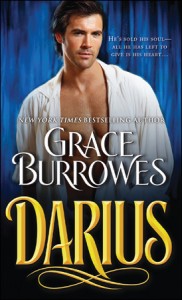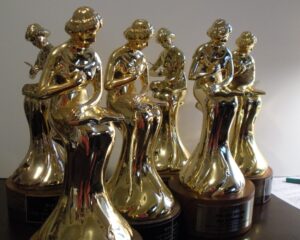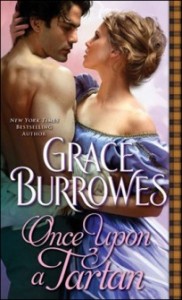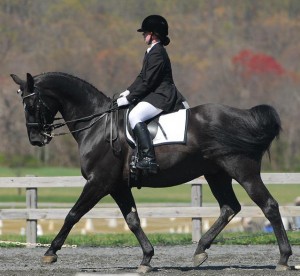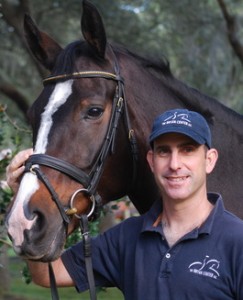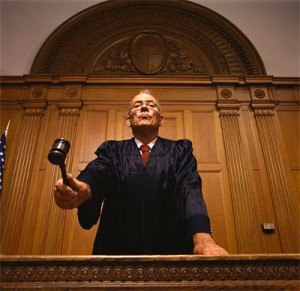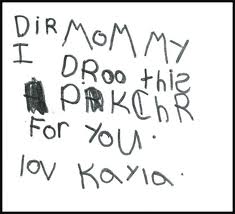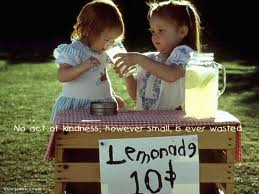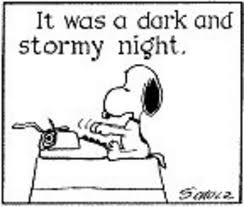Home is my personal “land of the fairies,” where I lose track of time, and even of what
day it is. I’ll often wake up and think, “I’m not sure whether it’s Saturday or Sunday. How lovely! But I still have 147 pages of revisions to do for Tremaine and Nita, and when did I become so addicted to the verb ‘to sport?’ I should do a global search. Lordy, I hope it’s Saturday, because the manuscript is due Monday…”
Happy thoughts. I can hear Winnie the Pooh singing, “Rum Tum Tiddle Dum, Rum Tum Tiddle Deeeee” as I pother around in my writing world.
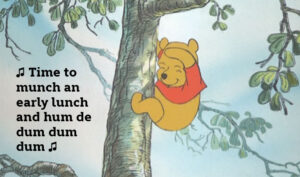 But I’ve learned that I need to get out, to drop in on my readers via social media, to write this blog, to occasionally meet a real, live, human friend in person for a bowl of soup, or a hot chocolate. In the land of Today is Tuesday, I am refueled in a way that home, with all its wonders, can’t do for me.
But I’ve learned that I need to get out, to drop in on my readers via social media, to write this blog, to occasionally meet a real, live, human friend in person for a bowl of soup, or a hot chocolate. In the land of Today is Tuesday, I am refueled in a way that home, with all its wonders, can’t do for me.
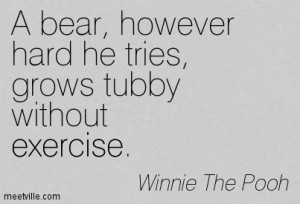 I’ve also learned that I need to move, physically, to GET OUT OF THE CHAIR, though everything in me rebels at the very notion. I’m happy when I sit in my writing chair, rum-tum-tiddle-dumming away. Happy, do you hear me? I’m also significantly overweight, and at risk for early Alzheimers.
I’ve also learned that I need to move, physically, to GET OUT OF THE CHAIR, though everything in me rebels at the very notion. I’m happy when I sit in my writing chair, rum-tum-tiddle-dumming away. Happy, do you hear me? I’m also significantly overweight, and at risk for early Alzheimers.
So I get out of the chair, even if it’s only to toddle for a bit at the treadmill desk. I hate every minute of that exercise, but I will hate more being unable to recall my daughter’s name.
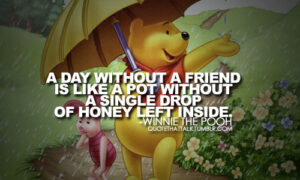 Another lesson that I know, though I must relearn it often, is that I have a tendency to hang on too long to relationships that aren’t working. I suspect the day job falls into this category–twenty years of child abuse law is enough. I’ve kept other jobs too long, kept relationships too long, and kept congregational affiliations for too long. “Too long,” means I’m spending way too much of myself on a situation that’s not giving enough, and I’m the only person to whom this imbalance matters.
Another lesson that I know, though I must relearn it often, is that I have a tendency to hang on too long to relationships that aren’t working. I suspect the day job falls into this category–twenty years of child abuse law is enough. I’ve kept other jobs too long, kept relationships too long, and kept congregational affiliations for too long. “Too long,” means I’m spending way too much of myself on a situation that’s not giving enough, and I’m the only person to whom this imbalance matters.
I’m getting better about this, though, and what has helped is an uncomfortable insight: I want to be loved tenaciously. I want to be worthy of other people’s committed devotion, even when I’m lost in the land of Rum Tum Tiddle Dum, even when I’m obsessing over the verb ‘to sport,’ as if that really matters. I want what I’m giving away.
In my reluctance to cut loose what’s not working, I have my priorities inside out. I think it was Maya Angelou who said, “weak people give up and stay, strong people give up and move on.” I need to move on more readily than I do, not because I’m strong, but because that’s the way to be the most honorable in my regard for myself.
What lessons or decision points seem to circle your life? Do the upcoming holidays present any quizzes or tests that you intend to face differently this year? To one commenter, I’ll send a $50 Amex gift card.









